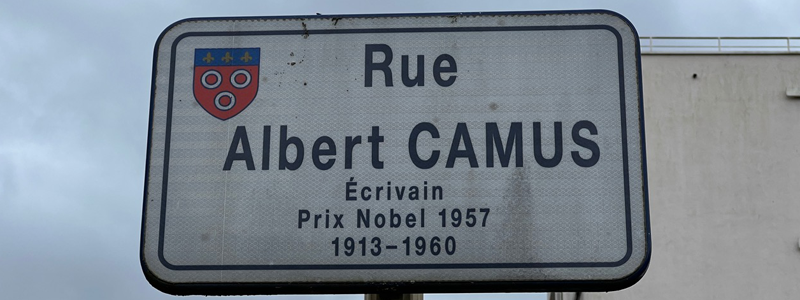The Value of Travel
Those who love India know will happily confirm the old saying that ‘travel broadens the mind’, as opposed to armchair travel which tends only to broaden the behind. But while ‘travel writing’ and its modern incarnation as celebrity-driven TV travelogues, is by and large a disappointing and over-personalised genre, there are notable exceptions in each generation. Cue Peter Fleming, Norman Douglas, Wilfred Thessiger, Robert Byron, Norman Lewis, Patrick Leigh Fermour, and Colin Thubron as among the stellar examples in our time. However, non-travel writers’ insights on travel are often unexpectedly rewarding.
Let us start with lines from the ever-reliable pen of Mark Twain: “Travel is fatal to prejudice, bigotry, and narrow-mindedness, and many of our people need it solely on these accounts. Broad, wholesome, charitable views of men and things cannot be acquired by vegetating in one little corner of the earth all one’s lifetime”. The inventor of the ‘travelogue’, the American photographer Burton Holmes commented astutely: ‘One great advantage of travel is that you may enjoy all the satisfaction of possession without the responsibilities of ownership’. The transformative potential of travel was succinctly described by another American, the peripatetic bohemian Henry Miller, who lived, wrote, and painted in Paris: “One's destination is never a place, but a new way of seeing things”. Miller echoed an earlier Parisian, the novelist Marcel Proust, who despite, or perhaps because of, remaining in bed much of his creative life, observed that we travel not in search of new sights, but of new eyes with which to see everything, old sights included. These new eyes can be pretty sharp; indeed, his ‘Re-viewing of Lost Time’ runs to over a million and a quarter words.
Not that the goal of travel needs to be well defined, it is the attitude of determination coupled with openness to the unexpected that matters. There is a verb in old English,’ to coddiwomple’, which sums this attitude up, being defined as ‘to travel purposefully towards an as yet unknown destination’. Life as a journey, in other words.
The ancient Indians knew well the spiritual value of travel. In the Aitreya Brahmana, a Sanskrit text from around 300 BC, Indra, King of the Gods, extols the virtues of the life of the road to a young seeker after truth:
‘There is no happiness for him who does not travel, Rohita! Thus we have heard. Living in the society of men, even the best man becomes a sinner. Therefore, wander! The feet of the wanderer are like the flower, his soul is growing and reaping the fruit, and all his sins are destroyed by his fatigues in wandering, Therefore, wander! The fortune of him who is sitting, sits; it rises when he rises; it sleeps when he sleeps; it moves when he moves. Therefore, wander!’
There was also the French-Algerian footballer whose own life-journey ended up with winning the Nobel prize for literature. Albert Camus saw travel as an alchemy of hauling anchor and surrendering completely to the unknown. This may seem bizarre to the modern traveller who thanks to the electronic umbilical cords of iPhone, email, Twitter, Facebook, etc., etc. hardly ever really leaves home fully. On the value of real travel, as this piece below from his Notebooks shows, Camus is, and will surely remain, the master:
'When we are so far from our own country we are seized by a vague fear, and an instinctive desire to go back to the protection of old habits. This is the most obvious benefit of travel. At that moment we are feverish but also porous, so that the slightest touch makes us quiver to the depths of our being. We come across a cascade of light, and there is eternity. This is why we should not say that we travel for pleasure. There is no pleasure in travelling, and I look upon it more as an occasion for spiritual testing. If we understand by ‘culture’ the exercise of our most intimate sense - that of eternity - then we travel for ‘culture’. Pleasure takes us away from ourselves in the same way as distraction, in Pascal's use of the word, takes us away from God. Travel, which is like a greater and a graver science, brings us back to ourselves'.
Such a fresh and radical perspective would never have won Camus a job in his local travel agent, but that would have been their loss. It is perhaps a fitting irony that the Gauloises smoking philosopher-traveler met his untimely end in a car crash, wholeheartedly en route as it were.
Ah, bon voyage, mon brave, bon voyage!





